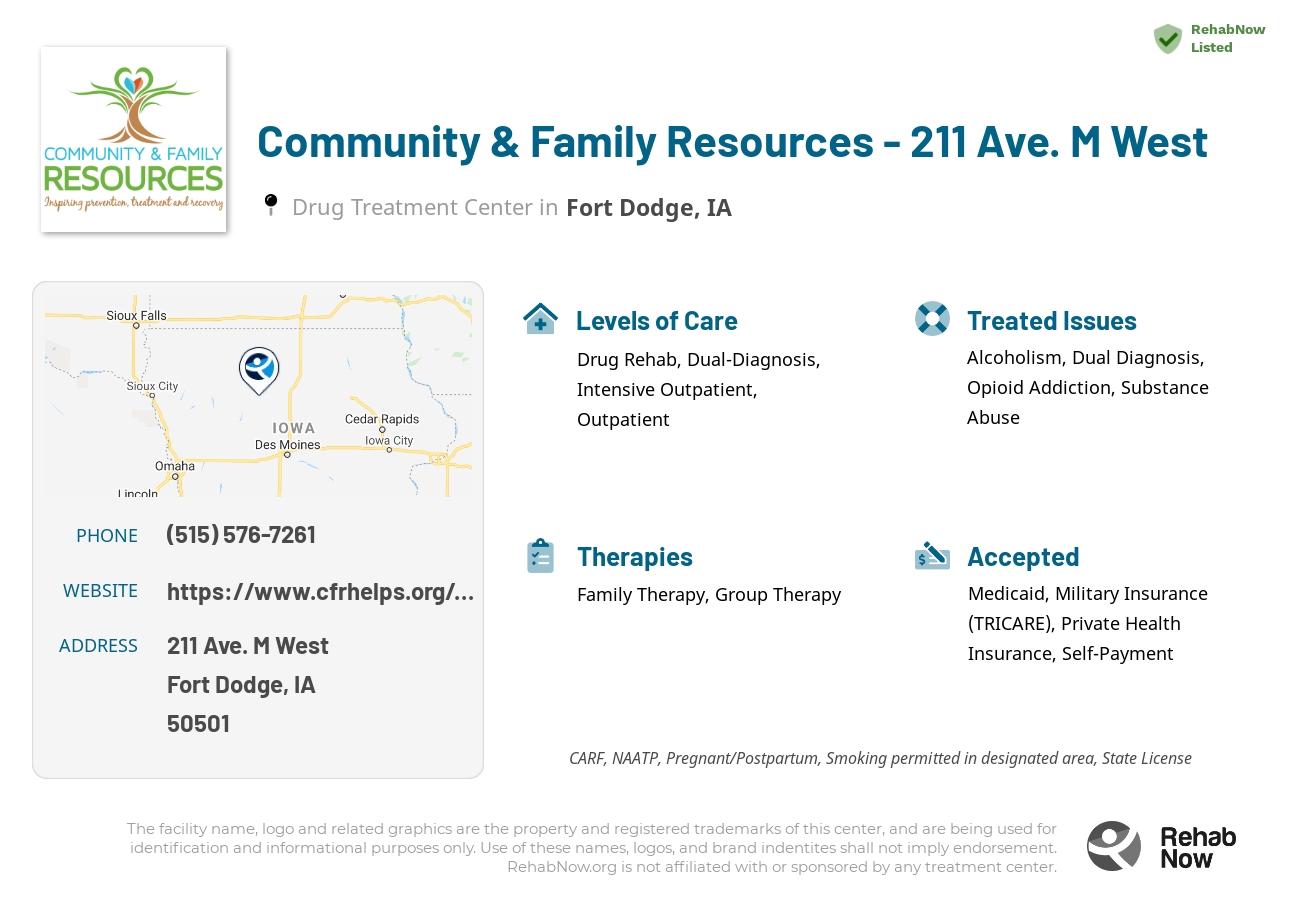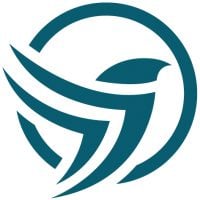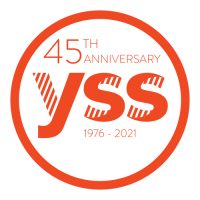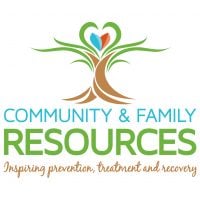
Community & Family Resources - 211 Ave. M West
Drug Rehab Center in Fort Dodge, Iowa
- Substance Abuse
- Opioid Addiction
- Dual Diagnosis
- Drug Addiction
- Alcoholism
Community & Family Resources - 211 Ave. M West in Fort Dodge, Iowa is a comprehensive addiction treatment center that offers inpatient and outpatient care, individualized treatment plans, individual and group counseling, and family support services, as well as evidence-based treatments, life skills training, vocational rehabilitation, and educational opportunities.
About Community & Family Resources - 211 Ave. M West in Iowa
Located in Fort Dodge, IA, Community & Family Resources (CFR) is an esteemed dual diagnosis mental health and addiction treatment center known for its nurturing support and evidence-based care. With a focus on providing personalized treatment, CFR stands out for its commitment to helping individuals navigate the challenging journey to recovery in a safe and supportive environment.
- CFR offers round-the-clock medical monitoring during detox, ensuring a safe and comfortable start to recovery.
- The residential treatment program at CFR immerses individuals in a structured environment conducive to healing and developing lasting coping strategies.
- Intensive outpatient programming (IOP) at CFR allows for flexibility, supporting recovery while accommodating the daily responsibilities of its clients.
CFR is proudly accredited by The Joint Commission and holds CARF certification, symbolizing its excellence in healthcare standards. Their wide-ranging services are thoughtfully designed to meet the individual needs of each person, reflecting their mission to assist in achieving a healthier lifestyle.
At CFR, a variety of addictions such as substance abuse and problem gambling are addressed, employing methods including cognitive-behavioral therapy and motivational interviewing. Treatment levels range from intensive outpatient to residential programs, catering to the specific needs of each individual.
Genders
Ages
Modality
Additional
Conditions and Issues Treated
Many people need to recover from substance abuse to live a healthy life. In the end, if you can get through all the steps: detoxifying your body, rehabilitation after some time or when needed (depending on the type), and recovery while also receiving therapy support throughout the process, it can be worth it.
A detoxification center is a common place to start the recovery process from substance abuse. With your body and mind restored, you can continue to heal without the lingering effects of drugs.
Many people who struggle with opioid addiction need to attend specific programs like methadone , Suboxone or Vivitrol clinics.
These types of programs will provide the patient with legal, prescription medications that can help them overcome their cravings for illegal opioids like heroin or fentanyl . If the patient has a chronic condition like Hepatitis C, they must undergo treatment before they can begin taking these medications.
Dual Diagnosis is a specific relationship between two or more disorders that have the same symptoms and can sometimes be treated together. This is used in the treatment planning process when dealing with drug addicts. Dual diagnosis can be viewed as a chronic medical condition that has comorbid psychiatric disorders.
Although addiction and a mental illness may have separate symptoms that are not easy to detect, they often go hand in hand. Many times, drug abuse is a direct result of the mental illness. In other words, treating the addiction will not resolve all of your issues. Unless you also treat the underlying mental illness, you will not be successful in achieving sobriety.
Levels of Care Offered
This center offers a variety of custom treatment tailored to individual recovery. Currently available are Drug Rehab, Dual-Diagnosis, Intensive Outpatient, Outpatient, with additional therapies available as listed below.
An intensive outpatient program is usually the first phase of addiction treatment. It provides relief for those who are addicted, but are not ready to commit to an inpatient setting. Typically, the patient lives at home and is able to work or go to school. IOPs consist of a daily 3 to 5-hour program, and there is a required number of hours per week. Most patients go to IOP between 20 and 40 hours per week. The patient attends group counseling and individual therapy throughout the duration of treatment. They also meet daily with their therapist to discuss how it’s going and where they are in the recovery process.
The goal here is to teach patients healthy coping skills, such as stress management and identifying thoughts and behaviors that lead to relapse. The implementation of these skills will be useful as the individual transitions into the next phases of treatment.
An outpatient treatment program is set up to help with alcohol or drug addiction, or a co-occurring disorder. The patient must attend the Iowa facility for their therapy and other programs but are able to return home each night. The frequency of mandatory attendance decreases after much of Community & Family Resources - 211 Ave. M West‘s program is complete.
Therapies & Programs
Family therapy will also help families realize that the addiction is not their fault. For many years, people blamed themselves for an addict’s behavior and felt that they had done something wrong. This is not the case. Addiction is a disease, and it can strike anyone, even if their life seems fine from the outside. It can bring a lot of shame to a family when they have an addict in their midst, but if everyone is open and honest with each other, then they can help everyone stay in recovery.
Group Therapy is utilized by drug treatment centers like Community & Family Resources - 211 Ave. M West to provide the recovering drug addict with a platform to talk about their feelings and experiences. It also provides for an opportunity to learn from other addicts who have successfully overcome their addiction.
Group Therapy is employed in lectures, seminars, or discussion groups (the latter two are typically conducted as “therapy groups”). It is recommended that all group members be recovering addicts for this type of therapy to work (though it does not exclude others with lived experience).
Payment Options Accepted
For specific insurance or payment methods please contact us.
Is your insurance accepted?
Ask an expert, call (888) 674-0062
Community & Family Resources Associated Centers
Discover treatment facilities under the same provider.
- Community & Family Resources - STARS Adolescent Program in Fort Dodge, IA
- Community and Family Resources - Boone in Boone, IA
- Community and Family Resources - Ames in Ames, IA
- Community and Family Resources - Rockwell City in Rockwell City, IA
- Community & Family Resources - South 17th Street in Fort Dodge, IA
Learn More About Community & Family Resources Centers
Additional Details
Specifics, location, and helpful extra information.
Fort Dodge, Iowa 50501 Phone Number(515) 576-7261 Meta DetailsUpdated April 15, 2024
Staff Verified
Community & Family Resources - 211 Ave. M West Patient Reviews
There are no reviews yet. Be the first one to write one.
Fort Dodge, Iowa Addiction Information
Iowa ranks 2nd lowest in the nation for illicit drug use, but 12% of its residents are still using these drugs every single year. Methamphetamines account for more than 90% of all drug-related prison admissions in Iowa. Alcohol is the most widely abused substance in the state, with 23% of residents admitting to heavy drinking.
Fort Dodge, IA, has a drug abuse rate of 9.8% and a drug addiction rate of 5.9%. In 2014, there were 188 drug-related hospitalizations in Fort Dodge. The most common drugs involved in overdose deaths are opioids such as fentanyl and heroin. The types of treatment available in Fort Dodge, Iowa, vary depending on the facility, but all offer support and guidance for those in recovery.
Treatment in Nearby Cities
- Osceola, IA (103.1 mi.)
- Sibley, IA (100.3 mi.)
- Nevada, IA (50.5 mi.)
- Marshalltown, IA (73.3 mi.)
- Tama, IA (91.3 mi.)
Centers near Community & Family Resources - 211 Ave. M West
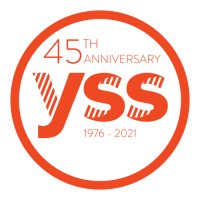
The facility name, logo and brand are the property and registered trademarks of Community & Family Resources - 211 Ave. M West, and are being used for identification and informational purposes only. Use of these names, logos and brands shall not imply endorsement. RehabNow.org is not affiliated with or sponsored by Community & Family Resources - 211 Ave. M West.

